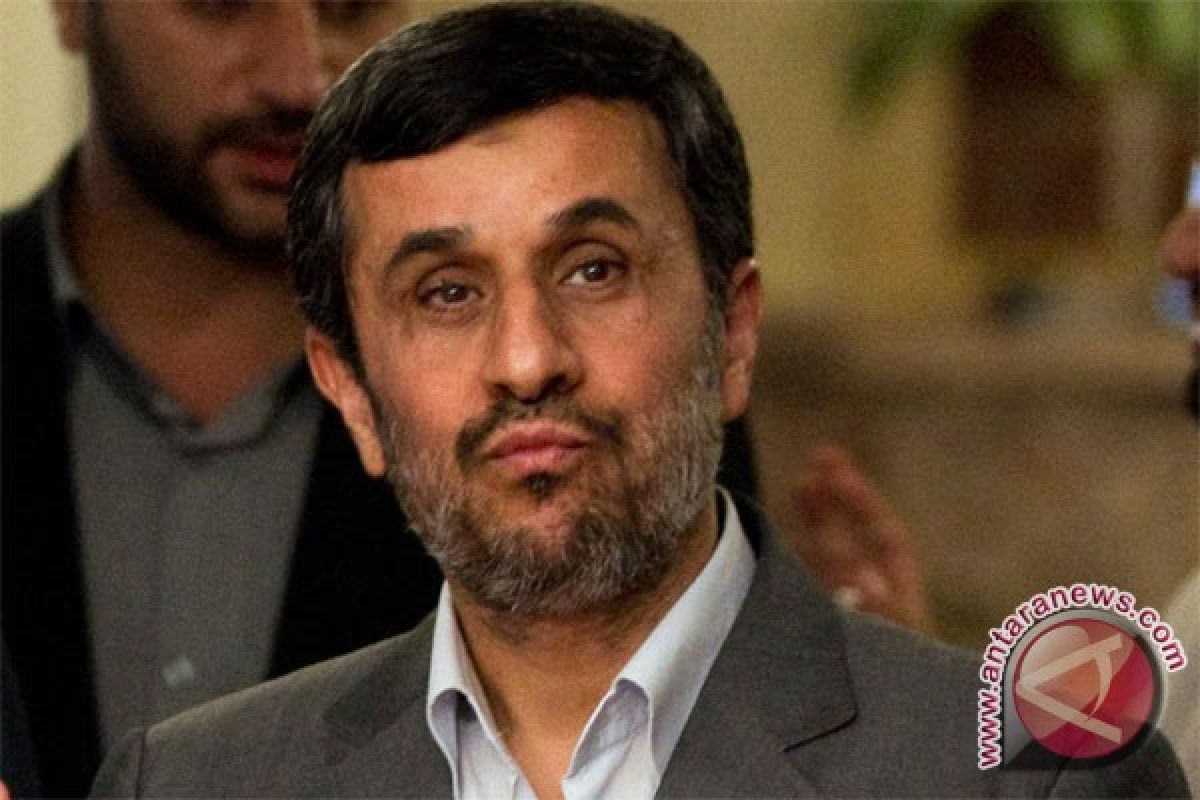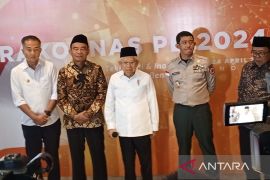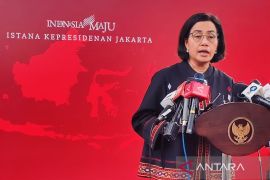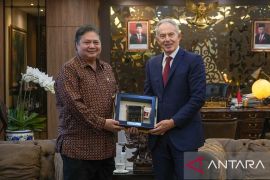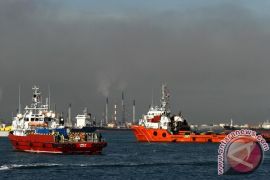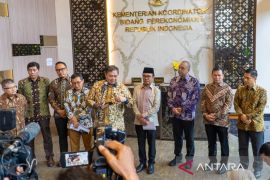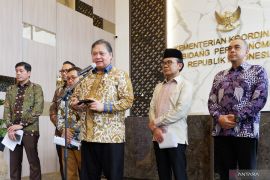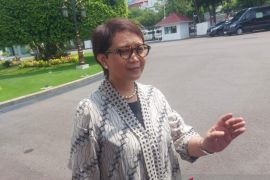In his 30-minute speech, the Iranian leader also failed to mention the pro-democracy uprisings that have swept the Arab world this year, including Syria, Iran`s closest Arab ally.
U.S. delegates walked out when Ahmadinejad said "arrogant powers" threatened anyone who questioned the Holocaust and the Sept. 11, 2001, attacks on the United States with sanctions and military action.
Other Western delegations soon made their exit in what has become an annual feature of Ahmadinejad`s U.N. appearances.
Ahmadinejad struck out at Zionism, but did not comment on the issue that has dominated this year`s General Assembly --the Palestinian plan to ask the Security Council to admit their nascent state as a full U.N. member.
He accused Washington of using the "mysterious" Sept. 11 attacks as a pretext for wars on Iraq and Afghanistan and said Western powers "view Zionism as a sacred notion and ideology."
"By using their imperialistic media network which is under the influence of colonialism they threaten anyone who questions the Holocaust and the Sept. 11 event with sanctions and military actions," he added.
The White House dismissed Ahmadinejad`s attack on U.S. policy and accused Iran`s government of "vile mistreatment" of its own citizens. "I find it rich that the Iranian president would have such criticism," spokesman Jay Carney said.
British Prime Minister David Cameron also assailed the Iranian leader in his own speech to the United Nations.
"He didn`t remind us that he runs a country where they may have elections, of a sort, but they also repress freedom of speech. They do everything they can to avoid the accountability of a free media. They violently prevent demonstrations and, yes, they detain and torture those who argue for a better future," Cameron said.
Mark Kornblau, spokesman for the U.S. mission at the United Nations, said Ahmadinejad had "again turned to abhorrent anti-Semitic slurs and despicable conspiracy theories."
Protests
Thousands of people protested against Ahmadinejad outside the United Nations complex in New York.
The demonstrators, mostly Iranian-Americans, chanted "Down with dictators, down with Ahmadinejad" and called for the overthrow of the Iranian leader, whose bitterly disputed 2009 re-election touched off months of street protests in Iran.
"We are hoping to see that the people of Iran are represented in the U.N. by a democratically elected official," said Hamid Azimi, a computer systems engineer from California.
Ahmadinejad, wearing a jacket with no tie, has often used the U.N. podium to lecture the West on its responsibility for the evils of slavery, colonialism, poverty and militarism.
This year was no exception, but the Iranian president was taking to the world stage as a figure somewhat diminished by sharp political challenges to his authority at home.
Iranian politicians, influential clerics and the elite Revolutionary Guards, who quelled the 2009 street protests, have distanced themselves from the president over his challenging of the authority of Supreme Leader Ayatollah Ali Khamenei.
Ahmadinejad has suffered a series of setbacks in his contest with Khamenei, his former mentor. In the past few months, at least 25 associates of Ahmadinejad have been arrested and several websites affiliated with them have been blocked.
His closest ally, Esfandiar Rahim Mashaei, has been accused of graft, of leading a "deviant current" that seeks to challenge the theocratic establishment, and of links to a $2.6 billion bank fraud described as Iran`s biggest ever.
Iran remains under U.N. and other sanctions over its nuclear program, which the West believes masks a drive for atomic weapons. Tehran says its nuclear activities are peaceful.
French Foreign Minister Alain Juppe met his Iranian counterpart in New York and told him France and five other big powers were worried about the U.N. nuclear watchdog`s latest report which suggests Iran was violating U.N. resolutions.
"This behavior by Iranian leaders seriously threatens the international non-proliferation system and puts in danger regional peace and security," French Foreign Ministry spokesman Bernard Valero said.
U.S. President Barack Obama told the United Nations on Wednesday that Iran and North Korea risked more pressure if they pursued nuclear programs that flouted international law. (C003)
Editor: Kunto Wibisono
Copyright © ANTARA 2011
